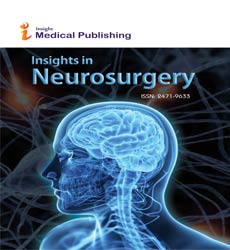Abstract
On the nexus of chronic pain, posttraumatic stress, and alexithymia
Individuals with posttraumatic stress disorder (PTSD) often exhibit deficits in emotional experience and expression, which suggests that certain individuals with PTSD may be alexithymic. In this study, in a sample of 105 individuals with PTSD, clinical correlates of alexithymia included re-experiencing, hyper arousal, numbing, dissociative symptoms, and retrospectively reported experiences of childhood emotional neglect. In a subsample of 26 individuals with PTSD related to a motor vehicle accident, functional neural responses to trauma-script imagery were associated with severity of alexithymia, including increased right posterior-insula and ventral posterior-cingulate activation and decreased bilateral ventral anterior-cingulate, ventromedial prefrontal, anterior-insula, and right inferior frontal cortex activation. Clinical and theoretical implications and future research directions are discussed.
https://betkolikgirisi.com https://betlikeguncel.com https://betparkagiris.com https://bettickett.com https://betturkeyegiris.com https://extrabetgirisi.com https://holiganbeti.com https://ilbete.com https://ikimisligirisi.com https://imajbetegir.com https://jojobeti.com https://kralbetting.com https://mariogiris.com https://marsbahise.com https://meritegiris.com https://milanobeti.com https://piabetegir.com https://redwinegiris.com https://supertotobete.com https://tempobetegir.com
Author(s): Nakieta Lankster
Abstract | Full-Text | PDF
Share this

Google scholar citation report
Citations : 31
Insights in Neurosurgery received 31 citations as per google scholar report
Abstracted/Indexed in
- Google Scholar
- Directory of Research Journal Indexing (DRJI)
- WorldCat
- Secret Search Engine Labs
Open Access Journals
- Aquaculture & Veterinary Science
- Chemistry & Chemical Sciences
- Clinical Sciences
- Engineering
- General Science
- Genetics & Molecular Biology
- Health Care & Nursing
- Immunology & Microbiology
- Materials Science
- Mathematics & Physics
- Medical Sciences
- Neurology & Psychiatry
- Oncology & Cancer Science
- Pharmaceutical Sciences
